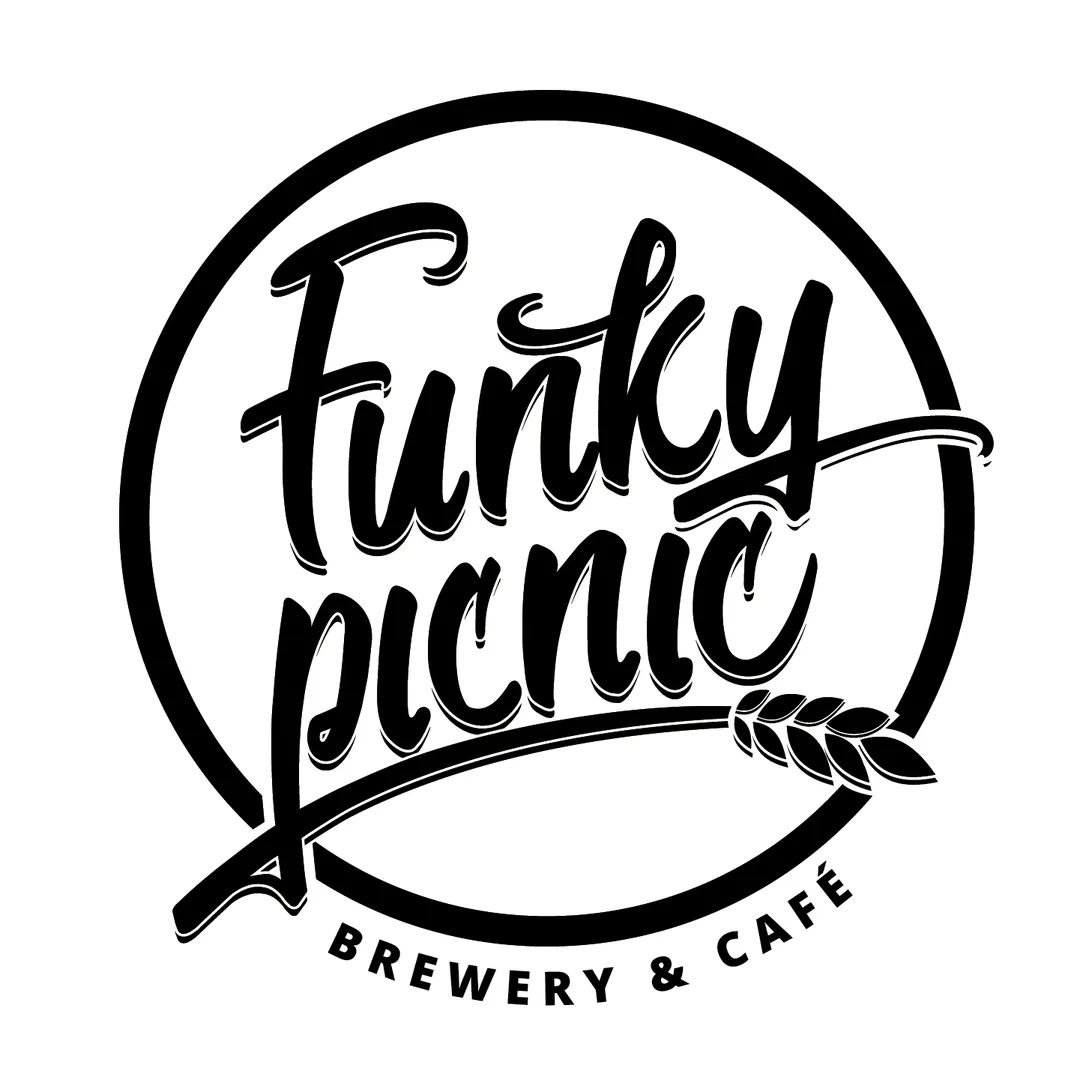Don't Be Bitter, Have A Sour Beer
“Sour beer” seems to be fairly polarizing: you either like it or you don’t. Even fewer people really know what they are getting when they do order it, or even that there are several different varieties out there. In honor of Zwanze Day and the new traditional Lambic and farmhouse ale options available in The Back Room at Funky Picnic, we are diving further into the very broad category of “sour beers”.
Kettle Souring
Most sour beer made in the U.S uses this quick turnaround souring method used more for its speed and overwhelming sourness than its nuanced flavor profile. Outside of kettle souring, the American craft beer scene borrowed a lot of its sour beer tradition from the tradition-rich countries of Belgium and Germany. A handful of American breweries, including Austin’s Jester King Brewery, still follow a lot of those old-world traditions.
“Sour” is a bit of a generalized term too.
Is it more of a sharp lemony lactic tartness? Or an acetic vinegar-like flavor? Is there a slight hay-like funkiness under the louder flavors in the beer? Calling everything “sour” does a disservice to the nuanced complexity of flavor in certain beer styles.
Below is a list of those more traditional sour beer styles
– AND –
some examples you may be able to find at your local beer store.
Lambic
A “spontaneously” fermented Belgian beer where yeast is not directly added to the wort to ferment. Instead, it uses naturally occurring wild yeast and bacteria in the air to inoculate the unfermented beer. The beer is usually then aged in barrels until matured long enough to be blended with other vintages. During the maturation process, different strains of yeast and bacteria create a unique combination of tart, earthy, and funky flavors, which then allow the blender to mix with other vintages to create a one-of-a-kind product. Certain varieties of Lambic exist: Gueuze (blend of 1-, 2-, and 3-year-old Lambic), Faro (sweetened Lambic), Kriek (refermented with cherries), Framboise (refermented with raspberries), and other various fruited versions with peach, wine grapes, plums, and other fruits.
Examples: Cantillon Gueuze, Kriek Boon, Oude Quetsche Tilquin à L'Ancienne
Flanders Red/Oud Bruin
A reddish-brown Belgian ale with a Sweet Tart-like sweet/sour combination. While the two styles are practically similar, the main demarcation is between the type of vessel they are fermented in: stainless steel vessels for Oud Bruin and oak foeders (large wooden vats) or barrels for Flanders Red. For both styles, the tartness is mainly from the aerobic bacteria, Acetobacter, which is also responsible for the tartness in vinegar.
Examples: Rodenbach (Flanders Red), Duchesse de Bourgogne (Flanders Red), New Belgium La Folie (Flanders Red), Liefmans Goudenband (Oud Bruin)
Berliner Weiss
A highly effervescent, low-alcohol (2.8-3.8% abv) wheat ale popularized in Berlin, Germany. Traditionally, the beer is very tart, so many people add flavored syrups to cut the sourness. The most popular flavors of syrup in Germany are Woodruff (a flowering perennial plant) and Raspberry. Many versions today increase the abv and usually add fruits and lactose directly into the beer before packaging.
Examples: Austin Beerworks Einhorn, Saint Arnold Boiler Room, Saint Arnold Raspberry AF
Gose
Another tart wheat ale from Germany, but it is significantly different from Berliner Weiss, as coriander and salt are added to provide an extra layer of complexity to the beer. Originally brewed with the naturally salty water of Goslar, it gained popularity in the nearby town of Leipzig. Similar to Berliner Weiss, modern versions usually include fruits and typically a higher abv.
Examples: Real Ale Gose, Westbrook Gose
Now that you know more about the different varieties of sour beer, go out there and test your knowledge the next time you’re craving a refreshing tart beer!
Author: Collin Zreet
Collin is a native Texan and is a founding member and co-owner of Funky Picnic Brewery and Café. He is a Certified Cicerone and Certified BJCP Beer Judge, specializing in beer and food pairings. When he is not thinking about beer, he enjoys spending time with his wife, Taylor, son, Alder, and dog, Rocco.












